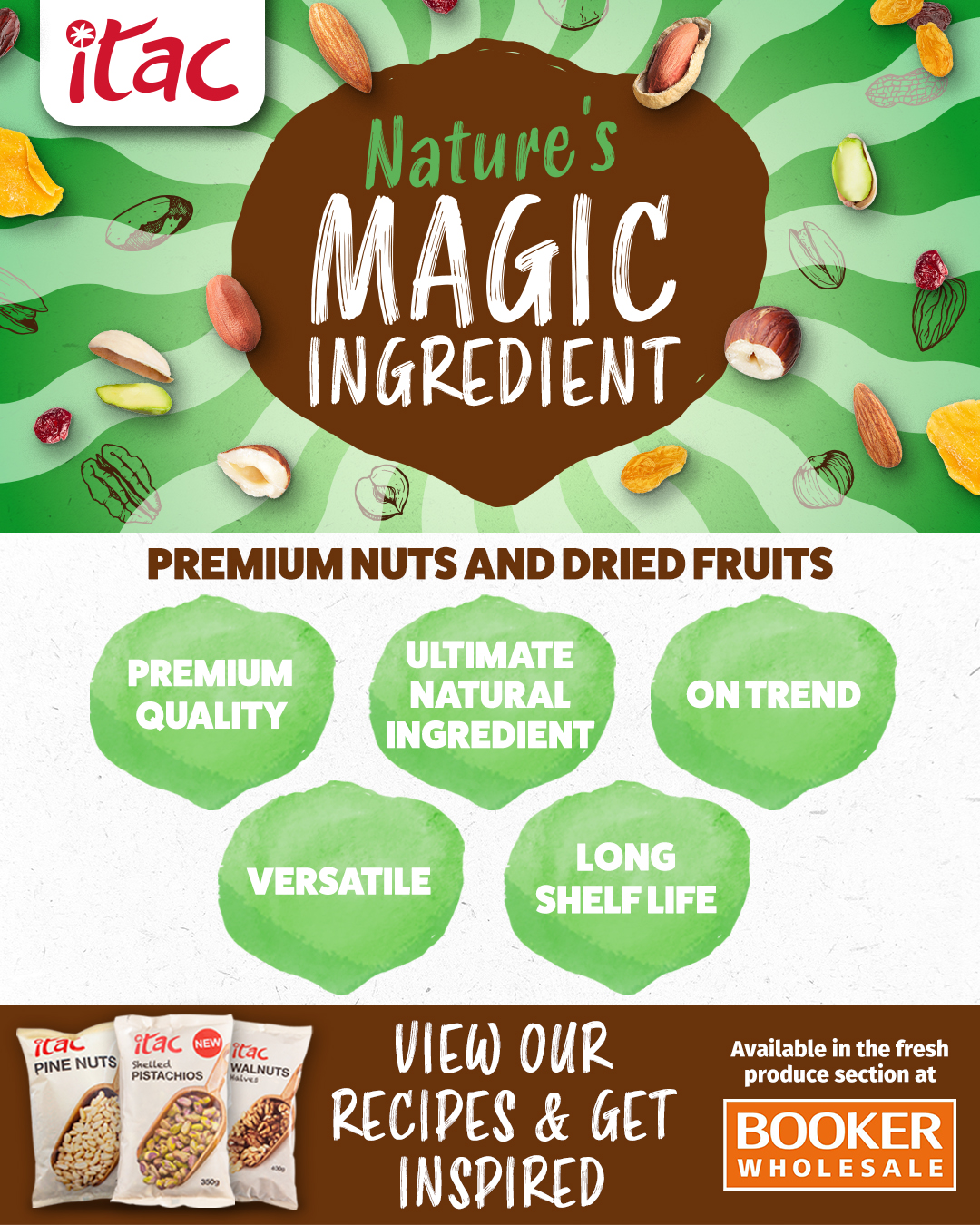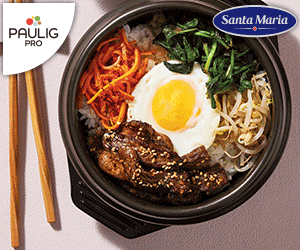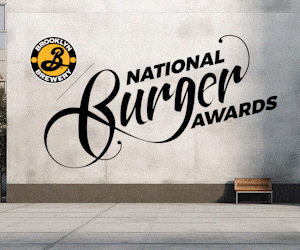Diners would put sustainable dishes first, says research

New research from the Sustainable Restaurant Association (SRA) has revealed diners would swap their usual meal choices for sustainable dishes when dining out.
With the number of consumers concerned about the environment up from 47% pre-lockdown to 65% now, almost-two thirds of those concerned (63%) said they’d be ‘likely or very likely’ to try a restaurant’s most sustainable dish over their regular favourite, if they knew what it was.
Taking this action would see diners providing much needed support for the ailing hospitality sector and help significantly reduce its impact on the food system.
“For us diners, the message is simple: every single one of us can make a difference, and if we truly want to eat out to help out the crisis-stricken restaurant sector and planet we must make good on our intentions by choosing the places that are sourcing and serving fantastic food that protects the environment, as well as adhering to all the government guidelines,” says Andrew Stephen, chief executive of the SRA.
The national survey also reveals that consumers expect to return to eating out as often as they did pre-March 2020, once guidelines allow.
More than three quarters (76%) said they would return to their pre-lockdown eating out levels of up to four times a month.
That means that if those who said they’d be willing to swap to a more sustainable dish actually did so, just half the times they ate out, the carbon savings would be 367,828Co2Te.
That’s the equivalent of the entire population of Swansea (225,000) flying to New York and back or of planting 736 hectares of broadleaf forest, a space the size of 1,051 full-size football pitches, or 1,288,000 trees annually.
The saving would also be enough to offset the entire personal carbon budgets of 150,000 people – or a whole city the size of Oxford.
Plant-based choices
Restaurant operators such as Wahaca are already responding to increased consumer demand, by moving towards a more plant-based menu, for example.
Exactly 75% of respondents said they’d consider ordering, be likely or very likely to order a dish in which vegetables replaced meat.
“Treading lightly on the planet runs through everything we do at Wahaca,” says Thomasina Miers co-founder of Wahaca.
“Over lockdown we had more time to think about the world’s biggest issues and we used it to push ourselves even more in the sustainability stakes to make our food the best it can be, using fantastic ingredients from the most amazing suppliers who share the same ethos that we do, looking after the soil and the farmers they work with.
“Everyone who loves food, eating out and the planet should choose restaurants serving #FoodMadeGood.”
Following a number of surveys during lockdown reporting greater concern for the environment and more engagement with food, this is the first to explore consumers’ readiness to turn this change in attitudes into action when eating out:
- Almost three-quarters (73%) of consumers said they ‘would consider, be likely, or very likely’ to order a dish featuring ingredients that might otherwise be headed for the bin. Restaurants like Ozone in east London are meeting this demand transforming the leftover steamed milk for coffees into ricotta and using wonky or bruised vegetables.
- 75% ‘would consider, be likely or very likely’ to order a meat dish where some of the meat has been replaced by vegetables. The Warren in Carmarthen is one of many restaurants satisfying customers’ appetite for beef burgers, while helping to shrink their impact on the environment by replacing 30% of the beef with mushroom and grains.
- Almost eight out of 10 consumers (79%) said they ‘would consider, be likely or very likely’ to order a dish made with local and seasonal twists on familiar dishes. An example is Wahaca’s bean and crumbled feta tostada which uses unusual UK-grown beans, instead of imported ones.
“It is very encouraging to see so many people are wanting and willing to choose a sustainable dish,” adds Raymond Blanc OBE, president of the SRA.
“Now, more than ever, it is imperative that they act on their good intentions.
“As chefs, we not only have to source and serve food that tastes amazing and has a minimal impact on the environment, but also show people what sustainable food looks like.
“If we all choose #FoodMadeGood the potential rewards are enormous for restaurants, our networks of local growers and of course the planet.”












